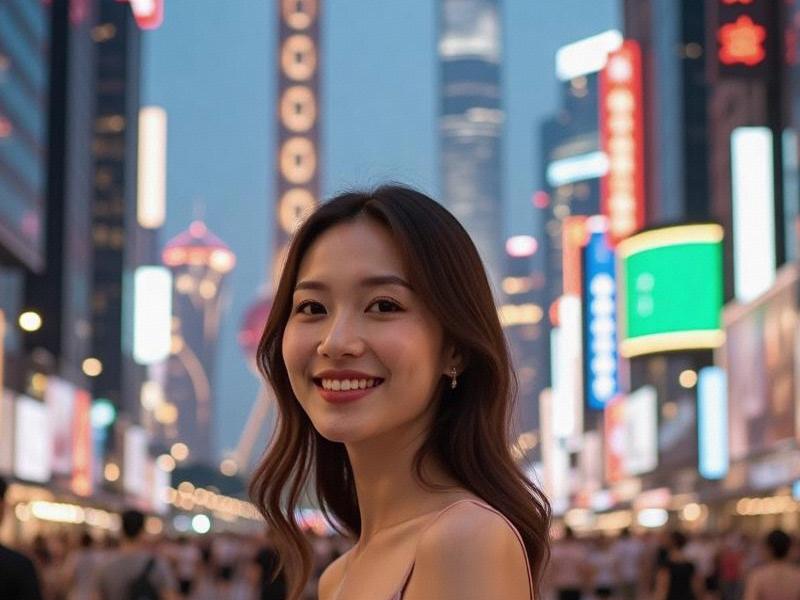This feature explores how Shanghai's women navigate tradition and modernity, creating a unique urban feminine identity that influences China's gender norms.

The morning rush at Shanghai's People Square metro station reveals a fascinating sociology experiment in motion. Among the crowd, sharply tailored businesswomen check stock prices on Huawei foldables while chatting in Shanghainese. Nearby, art students from Tongji University sketch designs between stops, their hair dyed in pastel hues forbidden in corporate China. This is Shanghai womanhood in 2025 - a kaleidoscope of identities defying singular definition.
Shanghai has historically pioneered new feminine ideals in China. The 1920s "Modern Girls" (modeng xiaojie) wore qipao with permanent waves, the 1980s "Miss Shanghai" contestants reintroduced beauty pageants after the Cultural Revolution, and today's generation blends all these influences into something unprecedented. Three key factors shape contemporary Shanghai femininity:
1. Economic Powerhouse: With 62% of Shanghai women participating in the workforce (versus 43% nationally), female professionals dominate sectors from finance (36% of VPs at Pudong banks) to tech (SheIn's all-female AI team). The city's first female-only coworking space, "Hera Hub," has a six-month waiting list.
上海龙凤419自荐
2. Fashion Frontier: Local designers like Susan Fang reinterpret cheongsam with 3D-printed accessories, while Nanjing Road's "Slow Fashion Lane" promotes sustainable style. The average Shanghainese woman owns 7.2 pairs of shoes - double the national average - according to Alibaba Fashion Research.
3. Social Balancing Act: Traditional expectations persist despite modernity. Matchmaking corners in Zhongshan Park still list "Shanghai hukou" as top marital asset, while new platforms like "Feminist Voices" challenge such norms through viral podcasts.
上海龙凤419官网
The education gap tells another story. Shanghai's female college enrollment rate (73%) surpasses males (67%), creating what sociologists call the "Jiaotong Paradox" - highly educated women delaying marriage (average age now 29.7) while maintaining filial duties. Lunar New Year still sees anxious parents arranging xiangqin (相亲) meetings for unmarried daughters.
Yet cultural preservation thrives. At Jing'an Temple, young women practice tea ceremony not as performance but meditation. The revived "Women's Writing Society" publishes essays on contemporary issues using classical literary forms. Even nightlife reflects this fusion - cocktail bars like "The Bund Femme" serve baijiu martinis with feminist poetry projections.
上海贵族宝贝sh1314
As Dr. Li Wen of Fudan University notes: "Shanghai women aren't rejecting Chinese femininity - they're expanding its definition to include CEO, artist, and daughter simultaneously." The city's annual "She Power" summit attracts 50,000 attendees debating everything from maternity leave policies to AI ethics.
Ultimately, Shanghai's feminine ideal may be its refusal to settle on one ideal. From the grandmothers playing mahjong in Xuhui's lanes to the Gen Z livestreamers in M50 art district, womanhood here means continual reinvention - always elegant, always ambitious, always unmistakably Shanghainese.